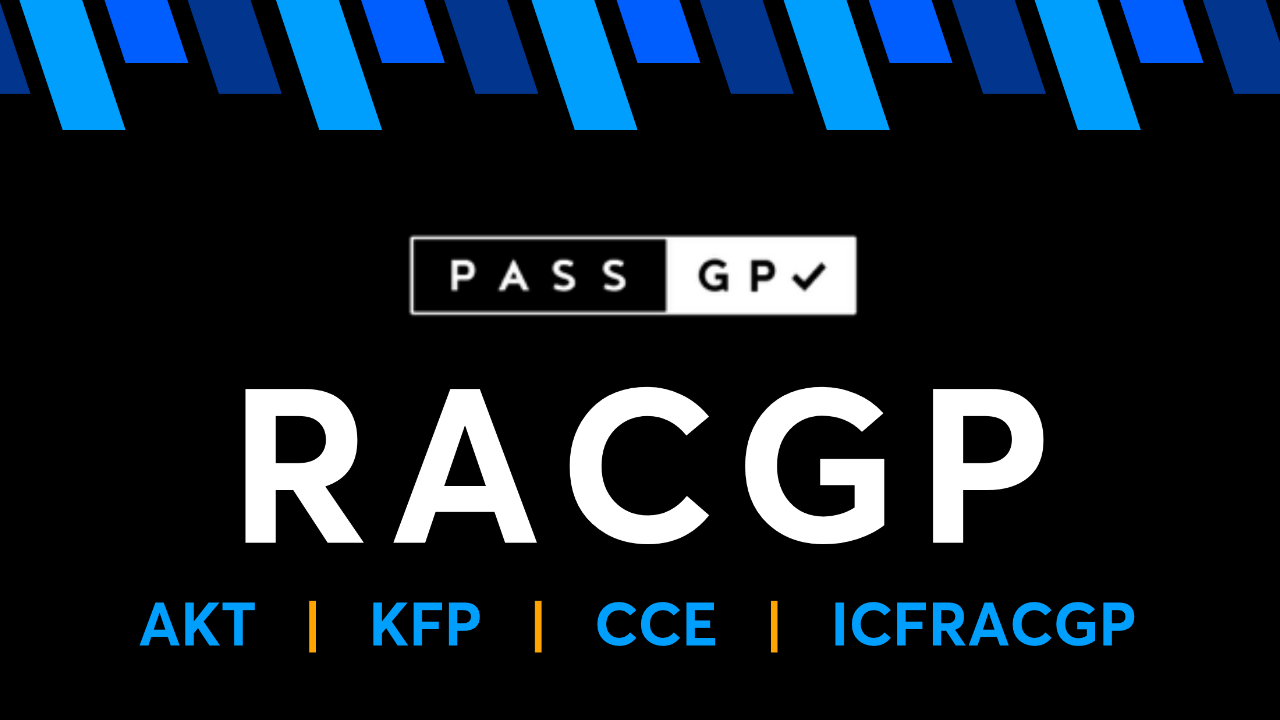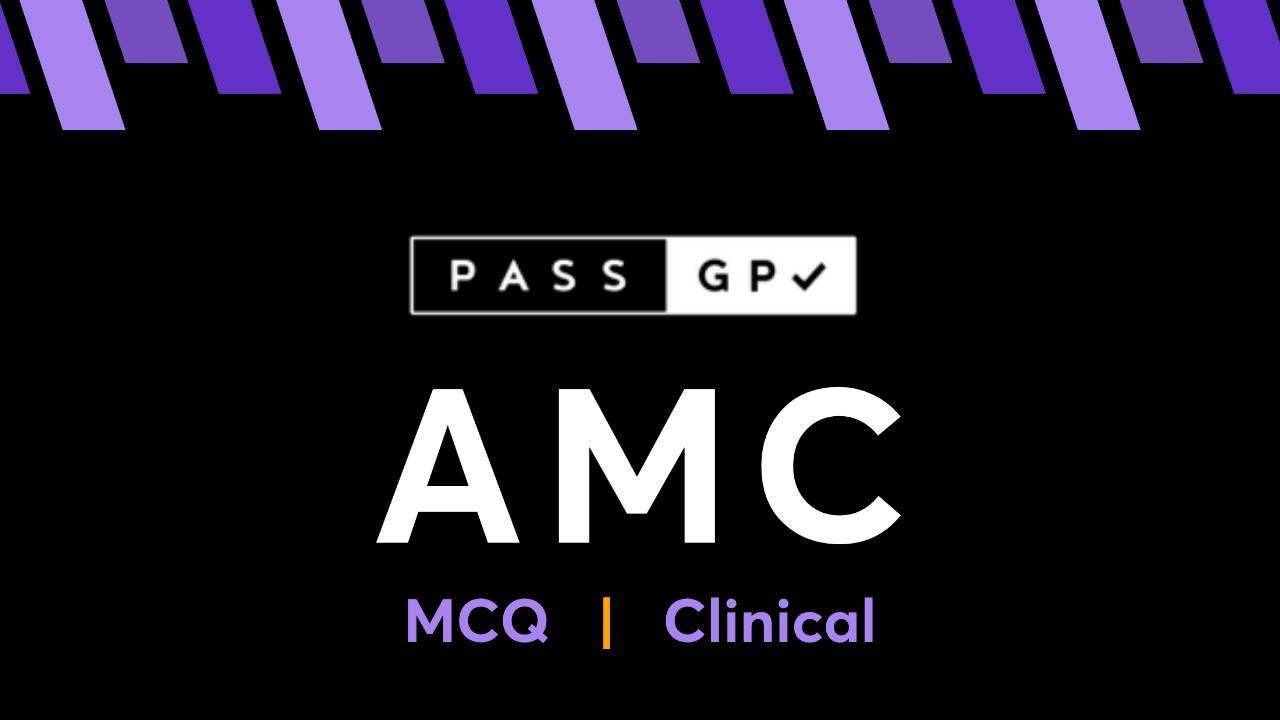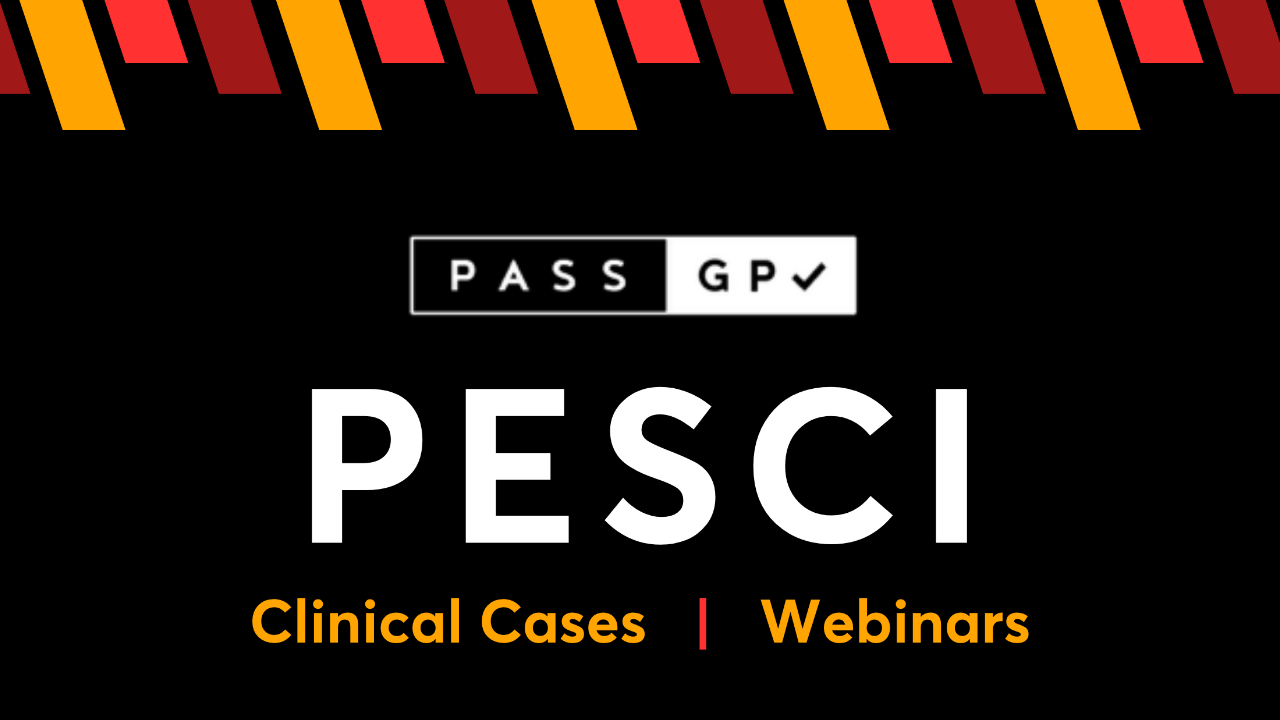How to Pass the PESCI Interview (2025 Edition): IMG Doctor’s Guide to Success
Aug 16, 2025
If you're an International Medical Graduate (IMG) planning to work as a GP in Australia, the PESCI interview is one of your most important early hurdles.
But what is PESCI?
Why do you need it?
And how do you pass with confidence?
In this expert guide - created with insights from A/Prof George Eskander, Chief Examiner at PassGP - we break down the entire PESCI process, from eligibility to exam technique.
What Is the PESCI?
PESCI stands for Pre-Employment Structured Clinical Interview.
It is a formal assessment designed to determine whether an IMG is safe and suitable to work in a specific general practice role in Australia.
The PESCI:
- Is required by AHPRA for certain limited or provisional registration applicants
- Assesses your clinical reasoning, communication, and suitability for a specific position
- Must be passed before AHPRA will approve your job
Who Needs to Do a PESCI?
You will need a PESCI if you:
- Are an IMG applying for a GP role in Australia
- Are not yet fully registered with AHPRA
- Are applying for a role that is not part of AGPT
What Does the PESCI Interview Involve?
The PESCI is usually conducted via Zoom or in person and includes:
- 3–4 clinical scenarios tailored to the job location and scope
- 10–15 minutes per case
- Examiners assess your:
- History-taking
- Diagnosis and management
- Understanding of local guidelines
- Cultural competence
- Communication with patients and colleagues
You may also be asked about:
- Local referral pathways
- Managing emergencies in remote locations
- Health literacy and interpreter use
- Child protection and mandatory reporting
How to Prepare for the PESCI Interview
Here’s how to build a strong PESCI preparation plan:
- Know the Job Description
- The PESCI is site-specific.
- Study the patient population, location (e.g. rural, DPA), and clinic services.
- Revise Australian Guidelines
- RACGP Red Book
- National Immunisation Program
- Antibiotic Guidelines (Therapeutic Guidelines)
- Mental health, domestic violence, chronic disease protocols
- Practise Scenarios
- Role-play with colleagues or mentors
- Focus on safety, reasoning, and communication - not rote answers
- Get Feedback
- Record your mock interviews
- Review whether you’re answering what the question is asking
- Get feedback on structure, clarity, empathy, and safety
Common Mistakes in PESCI Interviews
Avoid these common pitfalls:
Speaking in textbook lists instead of clinical priorities
Forgetting to ask about red flags (e.g. suicidal ideation, chest pain features)
Ignoring cultural or system-specific issues
Over- or under-investigating
Not knowing when to refer or escalate
According to A/Prof Eskander, a former RACGP examiner:
“We’re not just testing knowledge. We’re testing if this doctor can work safely, communicate clearly, and practise within the Australian system - especially in DPA and rural settings.”
How PassGP Helps You Pass the PESCI
At PassGP, we offer bespoke PESCI preparation with unmatched insight:
1:1 PESCI coaching with experienced GP examiners
Role-play simulations with detailed feedback
Sample scenarios that reflect common Australian presentations
Focus on exam structure, safety cues, and system-based thinking
Optional mock interviews with detailed scoring guides
Whether you're preparing for your first PESCI or re-sitting, we help you turn stress into strategy.
What Happens After You Pass?
Once you pass PESCI, you can:
- Proceed with your AHPRA application
- Start working under limited or provisional registration
- Begin your FSP, workplace-based assessment, or pathway to Fellowship
Many IMG doctors who pass PESCI with PassGP go on to succeed in:
- RACGP FSP
- ACRRM Independent Pathway
- Full Fellowship (FRACGP or FACRRM)







